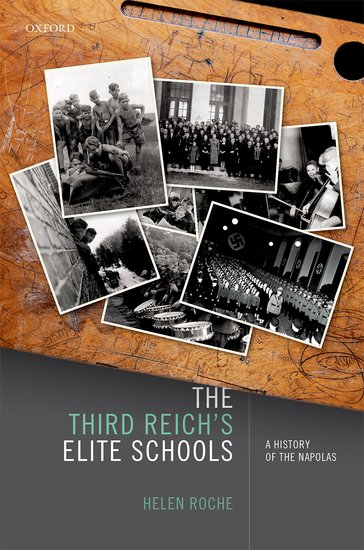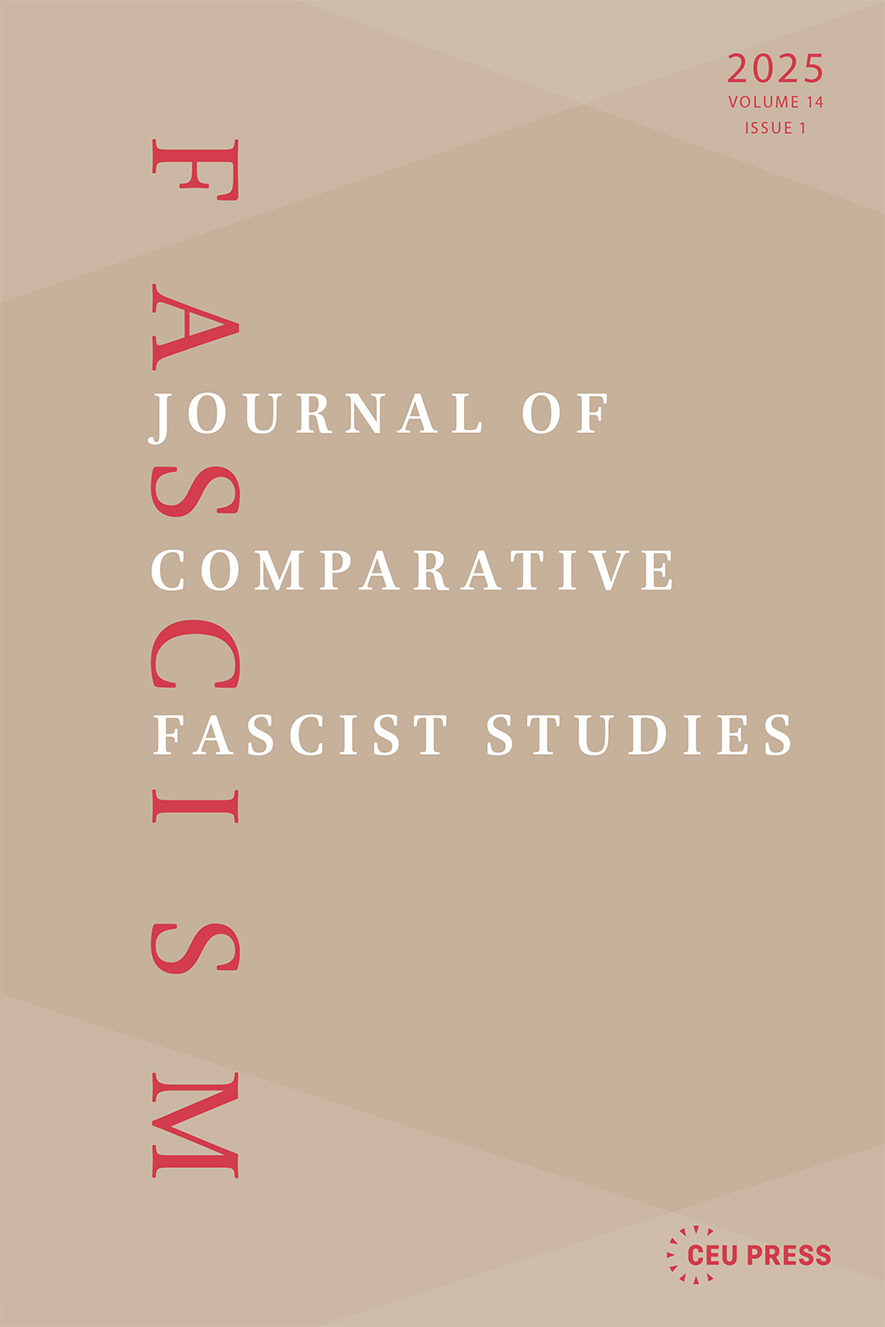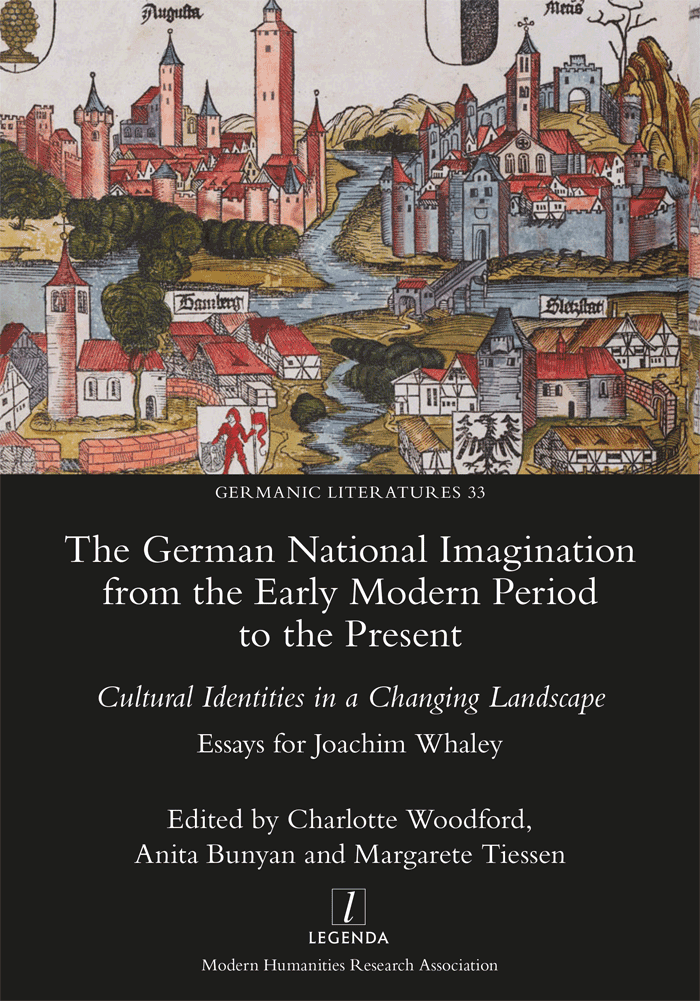Work
 The Third Reich's Elite Schools: A History of the NapolasBuy this item
The Third Reich's Elite Schools: A History of the NapolasBuy this itemDrawing on material from eighty archives in six different countries worldwide, as well as eyewitness testimonies from over 100 former pupils, this book presents the first comprehensive history of the Third Reich's most prominent elite schools, the National Political Education Institutes (Napolas / NPEA). The Napolas provided an all-encompassing National Socialist 'total education', featuring ideological indoctrination, premilitary training, and a packed programme of extracurricular activities.Read more...
Presented with Ladan Cockshut at Game Studies: Now, Next, North East, Durham University, 26 September 2025.Read more...
 'Whither "Fascism"? Fascist Studies in the Digital Age'
'Whither "Fascism"? Fascist Studies in the Digital Age'Fascism: Journal of Comparative Fascist Studies 14 (1), 5-37 (co-written with Paul Jackson).
In this editorial essay, the authors suggest that scholars of fascism can profitably pay greater attention to internet activism, digital subcultures, and online content, calling for a digital turn in the field of comparative fascist studies: ‘Fascism Studies 2.0’. The essay stresses the importance of the internet in promoting contemporary forms of fascism and far-right activism, exploring two case studies: the "gamification of terrorism" in online gaming cultures, and militant accelerationist cultures on Terrorgram.Read more...
Presentation and film-screening at the Historisches Seminar, Ludwig-Maximilians-Universität München, 22 July 2025.Read more...
Presented with Alexander Mayer at an international workshop on 'Social Mobility, Meritocracy, and Dictatorship in 20th-Century Europe', Bundeswehr-Universität München, 21 July 2025.Read more...
Since 2022, Helen has been working on a documentary project featuring a collection of video interviews with surviving former pupils of the National Political Education Institutes (Napolas), Nazi Germany's leading elite schools. The short documentary, which has been created in both English- and German-language versions, premiered in Potsdam in May, at the launch of Helen's exhibition on the Napola in Potsdam.Read more...
 'Kadettengeschichten: The Siren Call of Militarism in the Prussian Cadet-School Story'
'Kadettengeschichten: The Siren Call of Militarism in the Prussian Cadet-School Story'in The German National Imagination from the Early Modern Period to the Present: Cultural Identities in a Changing Landscape. Essays for Joachim Whaley, ed. Charlotte Woodford, Anita Bunyan, and Margarete Tiessen, Cambridge (Legenda Press), 2025, pp. 96-112.
This essay investigates a little-known genre of German children's literature, the Prussian cadet-school story, exploring the glorification of patriotic feeling and martial career propspects in volumes such as Paul von Szczepanski’s Spartanerjünglinge (Spartan Youths) and Johannes van Dewall’s Kadettengeschichten (Cadet-Tales).Read more...
Public lecture, presented at the Ratsaal des Bürgerhauses, Nordhausen Town Hall, Nordhausen am Harz, 9 May 2025.Read more...
Keynote paper, delivered at an international interdisciplinary conference on 'Laughter as a Political Coping Mechanism', University of Durham, 28 March 2025.Read more...
Presented at the Digital Humanities Town Hall, University of Durham, 19 March 2025.Read more...
